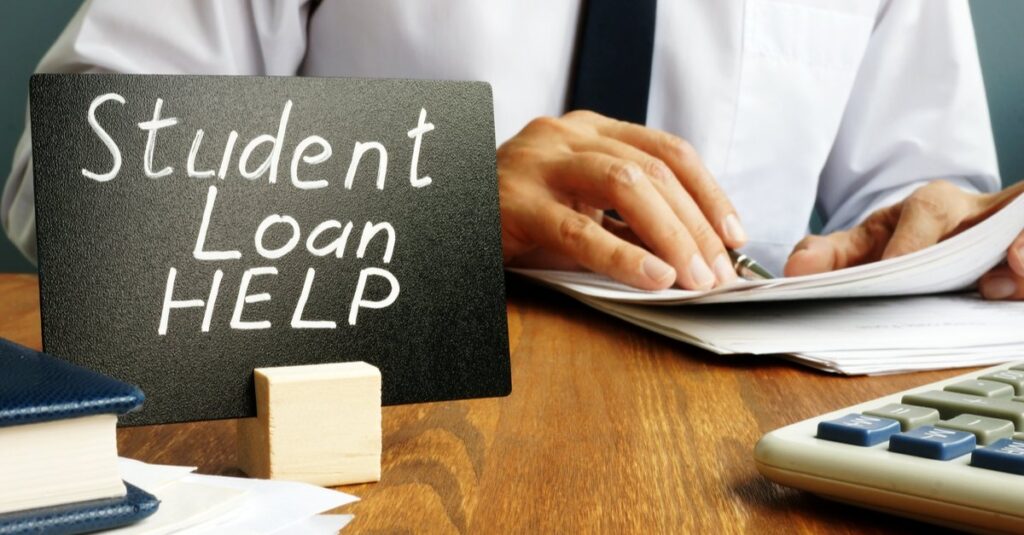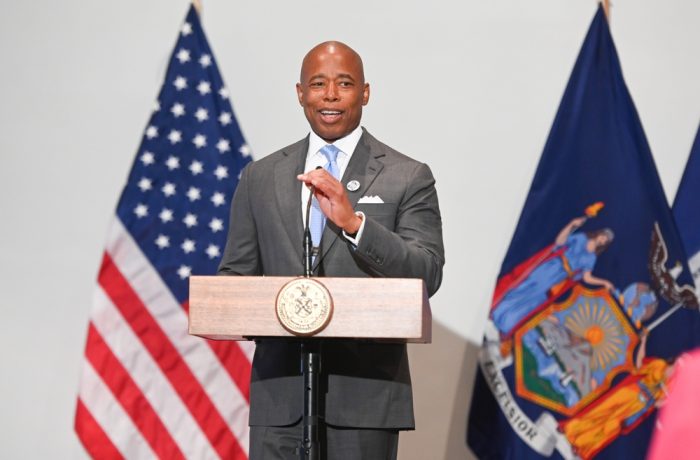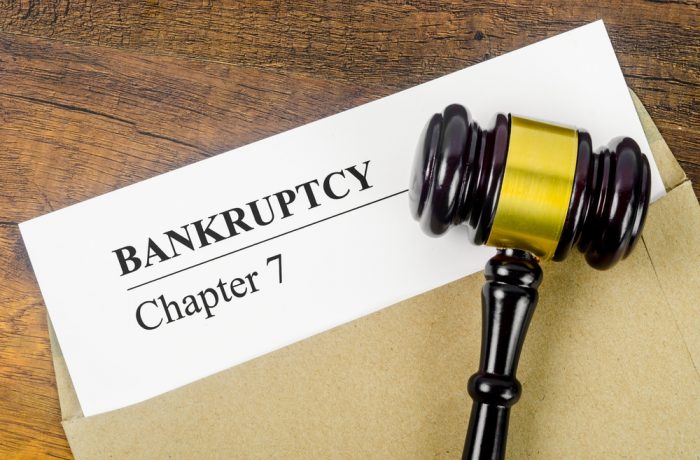By Annie Nova, CNBC
Struggling student loan borrowers who own a business received some welcome news this week: They will no longer be excluded from the Paycheck Protection Program.
Any business owned 20% or more by a borrower who had fallen behind on their payments previously could be determined ineligible for the government-subsidized loans. The funds are aimed at keeping small businesses afloat during the upsets of the Covid pandemic and can later be forgiven.
Starting in March, a delinquency or default on a student loan record should not disqualify an applicant. The change is one of the reforms to the program announced by the Biden administration this week, along with priority access for businesses with 20 or fewer employees.
Outstanding student loan debt in the U.S. has eclipsed credit card and auto debt, with more than 42 million Americans owing loans for their education. Around a third of borrowers are in delinquency or default.
“That will benefit not just the student loan borrowers, but also their employees and community,” said higher education expert Mark Kantrowitz.
Before the pandemic, some 800,000 self-employed people were behind on their student loans, according to a recent report by the Center for Responsible Lending. And some 500,000 people of color may have been shut out of PPP help because of the exclusion of struggling student loan borrowers.
Advocates praised the government’s decision to open the door to them for this round of funding.
“Business owners who are already bearing the burden of debt created by federal policies should not be subject to additional challenges to getting the relief they need,” said Ashley Harrington, federal advocacy director at the Center for Responsible Lending.
“Given the heavy impact of the student debt crisis on people of color, the removal of the barrier to accessing PPP relief for those with defaults and delinquencies is especially welcome,” she added.





